|
Getting your Trinity Audio player ready...
|
COASTSIDE CHRONICLES. From the Half Moon Bay Coastside History Association, written by Marc Strohlein.
Gangsters, the mob, violence, intimidation–it sounds like big-city drama, except that the star attraction was the humble artichoke, and the setting was Half Moon Bay!
The edible thistle was first commercially farmed in El Granada by Dante Dianda in the 1860s. The first coastal artichokes were sent to the east coast in 1904, sold to Italians in New York, Connecticut, and New Jersey from push-carts and markets, and became the unlikely protagonist in the “artichoke wars” on the San Mateo Coast, later in the 1930s.
As the market grew, the Half Moon Bay Artichoke Association was founded in 1917, with John L.
Debenedetti as manager and chief organizer. He quickly discovered that big profits were to be made, not at home, but in the Northeast where Italian Americans would pay ten to twenty times the local price of a nickel a piece. Debenedetti embarked on a mission– personally finding and visiting new wholesalers as the market exploded.
Farmers shipped crates of artichokes cross-country in newly invented refrigerated rail cars. In 1921, the Fannie Farmer Cookbook featured recipes for boiled and deep- fried artichokes served with bechamel or hollandaise sauce. One merchant, L. Casazza, told the New York
times that “No new vegetable has ever made so rapid an inroad to the market as the artichoke.”
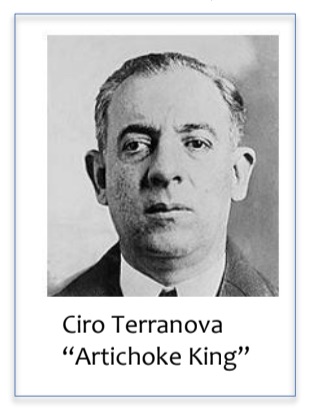 Unfortunately, the successful and lucrative nature of the business attracted the wrong attention when Ciro Terranova, member of the Morello-Terranova crime family, noticed the profit potential.
Unfortunately, the successful and lucrative nature of the business attracted the wrong attention when Ciro Terranova, member of the Morello-Terranova crime family, noticed the profit potential.
Terranova earned his nickname “the Artichoke King” by buying all the artichokes that entered New York, then selling them for three times more than he paid for them.
Terranova had already gained an unsavory reputation, as newspapers described him as a “food rackets emperor,” specializing in difficult-to-acquire vegetables. He virtually engineered artichoke racketeering, becoming the brains and the brawn of the operation.
Terranova was born in Corleone, Sicily. Moving to the United States with his parents and family, they finally settled in New York in 1896. He became an underboss to the Morello crime family and ran lucrative gambling, booze, and union-fixing rackets. Terranova lived a flashy lifestyle and drove around in an armored sedan with bullet-proof windows. His infamous “friends” included Al Capone and Charles “Lucky” Luciano. At first, the family imposed an “informal” import tax of $25 to $50 ($600 to $1,200 in today’s money) per carload. The “tax” was enforced using typical mob
tactics including cracking the heads of uncooperative merchants. One seller who refused to deal with Terranova had four of his drivers abducted and beaten. By the 1920s, newspapers reported mafia agents in California, there to intimidate growers into restricting crop sizes, while selling to the mob at reduced prices. Terranova’s thugs forced growers to sell their artichokes exclusively to Terranova, who, it’s estimated, was making as much as $500,000 a year.
In 1930, the “artichoke wars” began in earnest when thugs invaded the fields of non-cooperating growers with machetes, laying waste to their crops, while others wearing masks hijacked trucks carrying artichokes.
San Mateo Sheriff James McGrath sent deputies armed with shotguns to stand guard over fields, and growers organized gangs of “artichoke vigilantes” in Princeton, yet over $100,000 in damage was done in 1930 alone.
Even trainloads of artichokes that were crossing the continent were at risk, as armed mobsters stopped trains and forcibly removed the cargo, beating guards hired to protect the freight.
Finally, on December 21, 1935, New York Mayor Fiorello LaGuardia announced that starting on December 26th, the city would make the “sale, display, and possession” of artichokes illegal, claiming that the artichoke represented “a serious and threatening emergency to the city,” being that its availability was controlled by “a monopoly of doubtful legality,” referring to the mafia.
LaGuardia went on to say, “I like artichokes,” but the ban “will remain in force until the grip of the racketeers is broken.”
A New York Tribune reporter wrote, “It is impossible not to conclude that the world today is a bit mad.”
LaGuardia had been elected, in part, based on promises to deal with mob activity. The artichoke wars gave him a golden opportunity for grandstanding with little risk.
Terranova had become marginalized after losing his nerve during a mob hit at a Coney Island restaurant in 1931. He was forced to relinquish most of his operations, including artichokes. Moreover, the mob had shifted its focus to the more lucrative pursuits afforded by prohibition.
There was such a furor over the artichoke ban that it was lifted in less than a week. LaGuardia garnered flashy headlines, portraying himself as hard at work pursuing the mafia.
 The whole affair made artichokes more popular than ever, as they became front-page news, while newspapers and magazines were packed with recipes encouraging people across the nation to try the vegetable. Ironically, nearly everyone prospered except for the criminals, proving that crime truly doesn’t pay—at least for long.
The whole affair made artichokes more popular than ever, as they became front-page news, while newspapers and magazines were packed with recipes encouraging people across the nation to try the vegetable. Ironically, nearly everyone prospered except for the criminals, proving that crime truly doesn’t pay—at least for long.
For his part, Terranova became regarded as a joke and was essentially banned from New York, ending his criminal aspirations. He died of a stroke in 1938, aged 49, the only one of the four Terranova brothers to die in a bed. The New York Times announced, “former power in artichoke trade penniless as paralysis ends his life.”
So the next time you savor an artichoke leaf dipped in melted butter, or Mayor LaGuardia’s favorite—hollandaise sauce—think of the trials, tribulations, and bravery of the Coastside artichoke farmers who dared to fight back against the mob, and the farmers today who continue to bring us this aristocrat of vegetables.
More on HMB Coastside History on Coastside Buzz


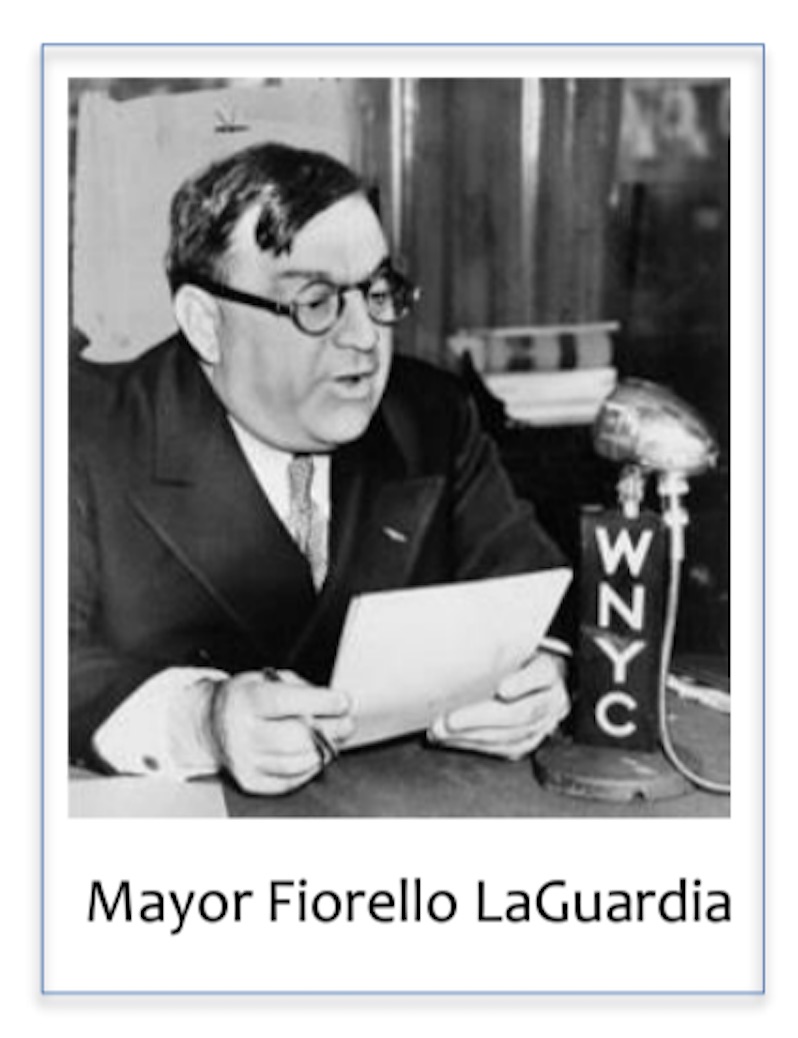
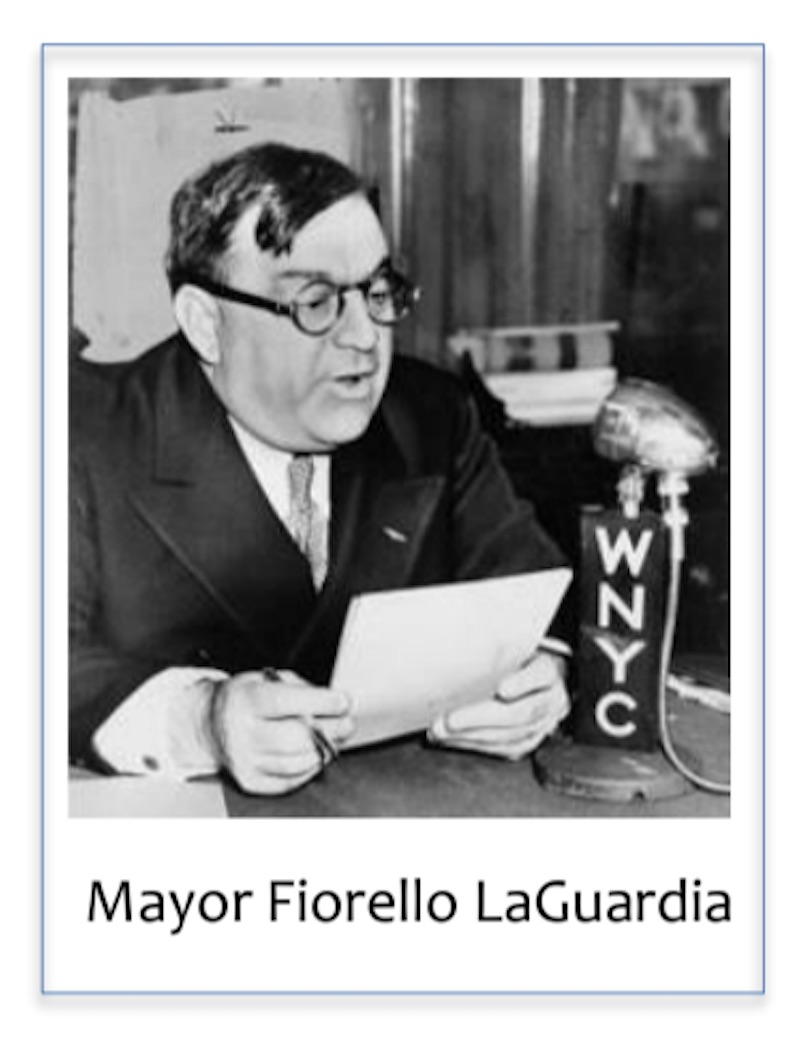
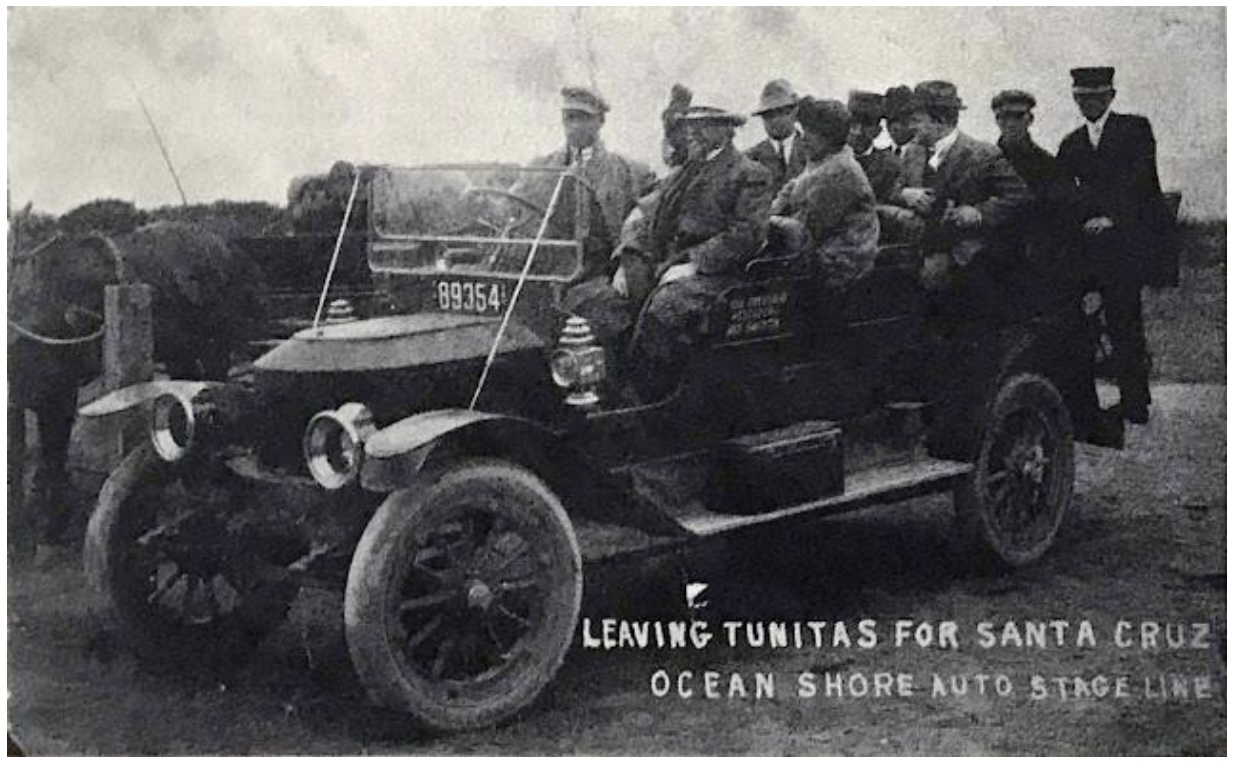

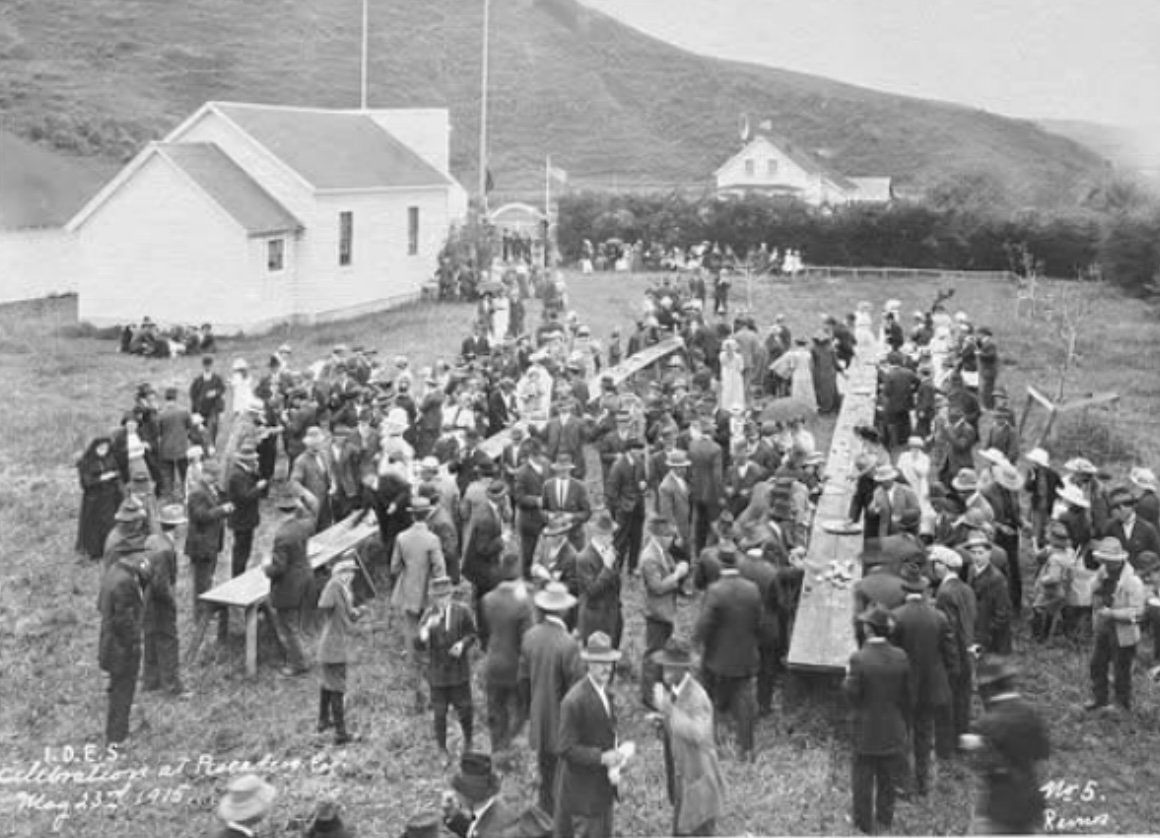
not certain, but I don’t think Dante Dianda was born yet in the 1860s…